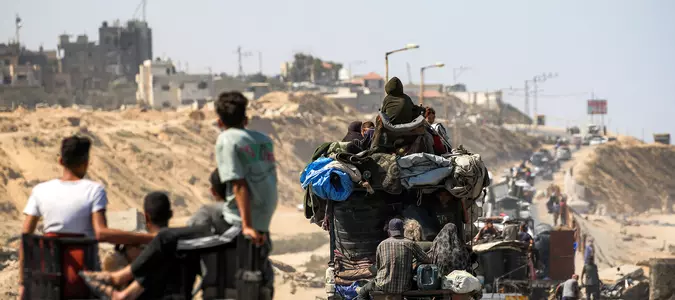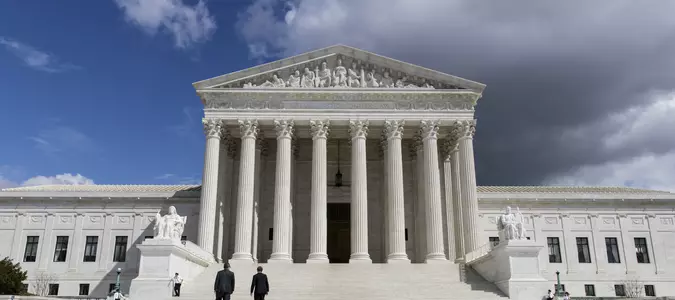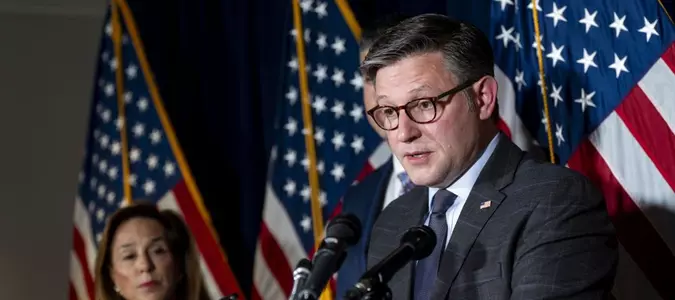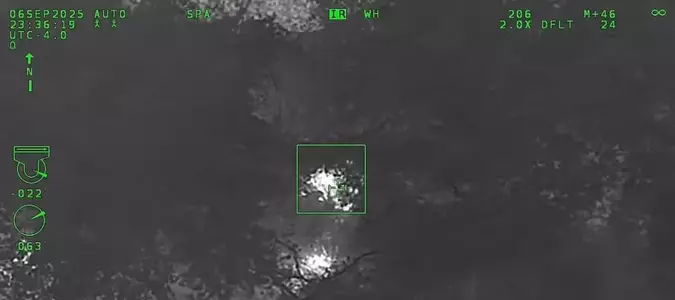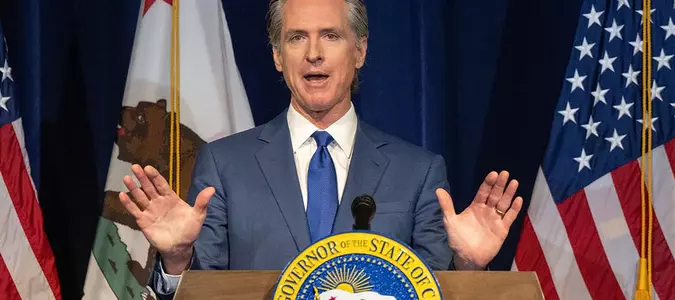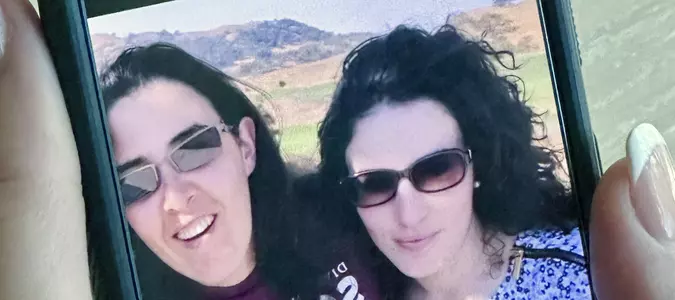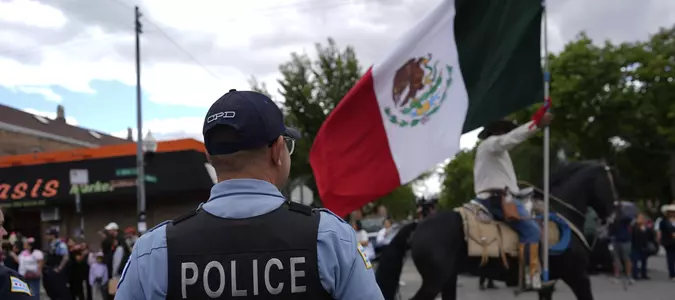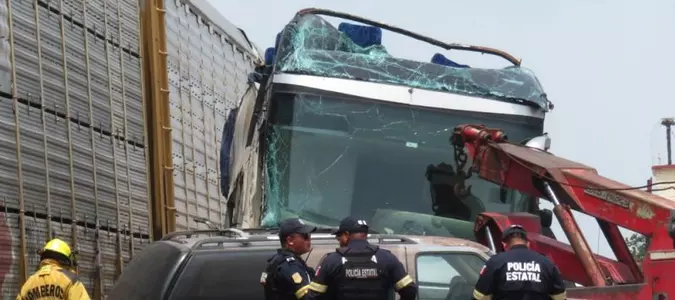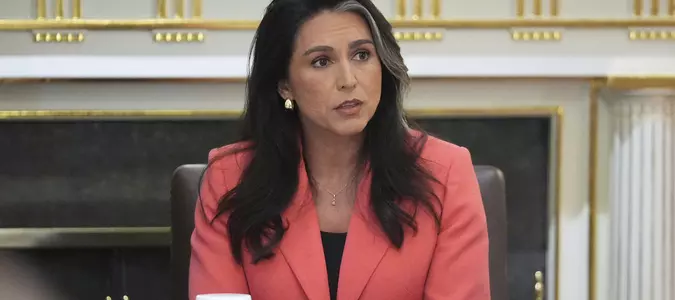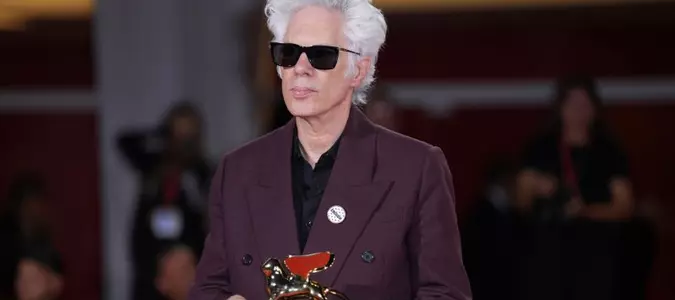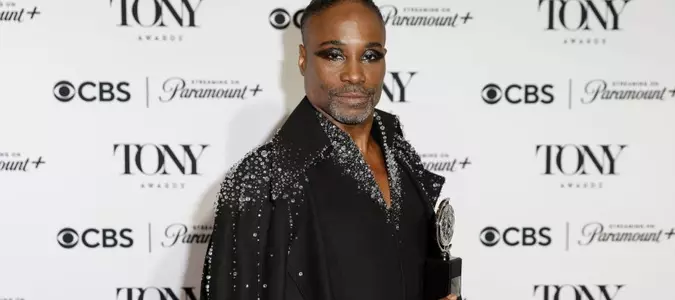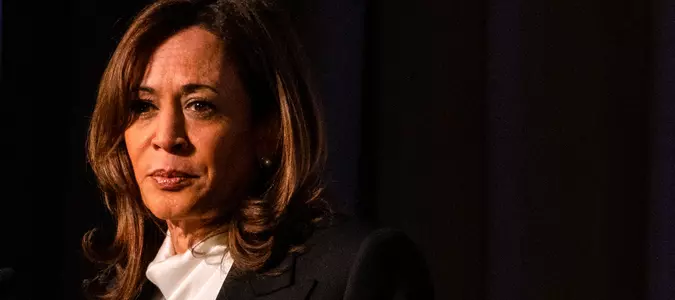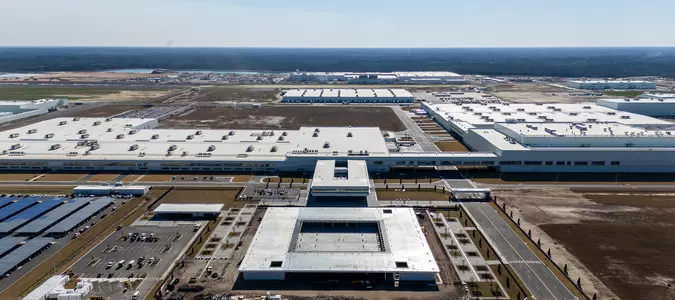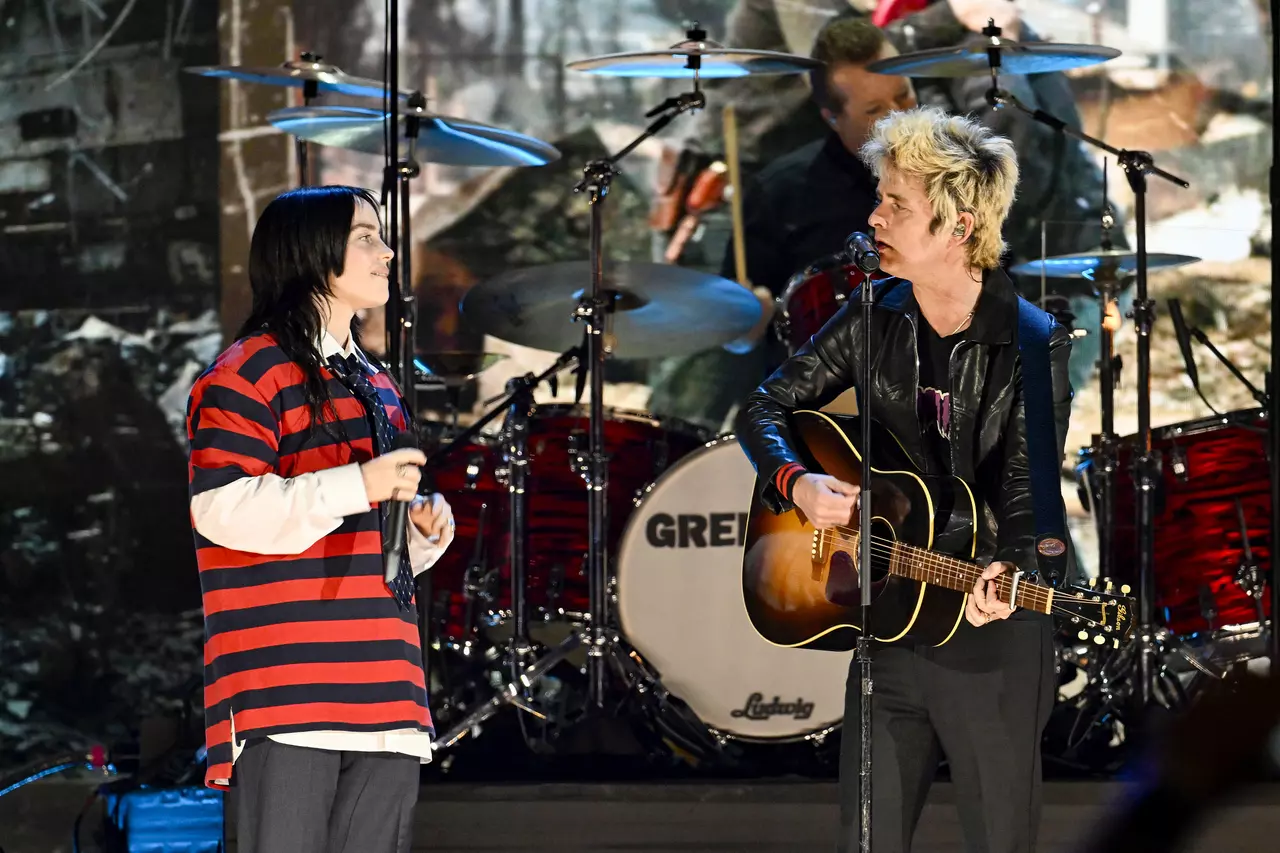

FireAid releases 2 audit reports that find no misuse of funds. 'Aid is reaching affected communities'
LOS ANGELES — Two long-awaited reports about the disaster-relief charity FireAid's distribution of funds have been released to government officials and the public. The 501(c)(3) organization, founded by Clippers executives, had been under scrutiny from Republican politicians (including President Donald Trump, who called FireAid a "total disaster") and some residents of fire-ravaged areas in ...

Billie Eilish, left, performs onstage with Billie Joe Armstrong of Green Day during the FireAid benefit concert at The Kia Forum on Jan, 30, 2025, in Inglewood, California.
Scott Dudelson/Getty Images North America/TNS
LOS ANGELES — Two long-awaited reports about the disaster-relief charity FireAid's distribution of funds have been released to government officials and the public.
The 501(c)(3) organization, founded by Clippers executives, had been under scrutiny from Republican politicians (including President Donald Trump, who called FireAid a "total disaster") and some residents of fire-ravaged areas in Pacific Palisades and Altadena. They questioned the priorities and effectiveness of grants given out after FireAid raised an estimated $100 million through its flagship benefit concerts in January.
In response, FireAid commissioned two reports — one a long-planned six-month status update on the specifics of its fundraising, grant making and local impacts, and the other an independent review by law firm Latham & Watkins. Both documents, reviewed by The Times, have been sent to local and national officials and the Department of Justice.
"The law firm conducted an independent review of the charity, and shared conclusive findings affirming that FireAid has acted in accordance with mission, has strong accountability measures and aid is reaching affected communities," the FireAid organization said in a statement about the review findings.
Scrutiny of FireAid's handling of charitable funds was escalated in July when California Rep. Kevin Kiley, R-Rocklin, said, in a letter calling for an investigation, that "tens of thousands of people in Southern California lost so much in the wildfires, including their homes and loved ones. Americans generously opened their wallets to help the people impacted by the wildfires. Every penny should go towards helping those people rebuild their lives. I am urging the Attorney General to open an investigation into the matter immediately so the people of Southern California can receive much-needed relief."
In response to those concerns, FireAid commissioned an independent review from Latham & Watkins, which said in its report, "Recently, media reports and public inquiries have raised concerns regarding the distribution of the charitable donations raised. ... Based on the investigation conducted to date, we have not identified evidence of any misrepresentations in the solicitation of charitable funds, improper selection of grantees, improper distribution of funds, improper use or misappropriation of funds, fraudulent intent, or deviation from FireAid's stated mission."
"Rather, our findings indicate that FireAid understood its purpose as a charity concert to raise money for fire victims, communicating consistently how charitable donations would be used across its website, public statements, and sponsorship materials," it continued. "FireAid put in place a comprehensive, multi-level grantmaking and evaluation process to ensure the effective distribution of funds. The overarching goal was to swiftly allocate funds to organizations that were capable of providing services to the community as fast as possible. Consistent with the ideology of disaster philanthropy, FireAid's approach aimed to balance the need for formal processes and controls with the urgency of disaster response."
The Pacific Palisades Community Council, a group whose early concerns about FireAid prompted wider calls for investigation, said in a letter published alongside the review findings: "Like many in the community, we were seeking clarity at a time when communication was scattered, and emotions were running high. Since that time, we have received an official statement from FireAid, as well as dozens of testimonies and direct information from organizations on the ground. These updates have painted a much fuller and clearer picture of how FireAid resources are being put to work — quickly, carefully, and with real local impact."
"After calling for scrutiny of fund disbursements and accountability, we realize that misinformation online has increased, particularly around the use of FireAid funds," the council's letter continued. "It's understandable, as disaster leaves people in a state of loss, anger and uncertainty. As a community organization, PPCC believes it has a responsibility to counter false or incomplete narratives with emerging facts. That includes recognizing when the people who could help actually did."
FireAid's internal six-month progress report, a copy of which The Times received, noted 75,020 donors to FireAid, with $99,330,741 in cash raised and $8,390,463 in in-kind donations. Those funds were used toward two rounds of 127 and 70 grants to organizations totaling $74,675,000 (a third round of grant applications is underway and will be distributed later this year), the report indicated.
The first round of grants delivered $7.6 million to disaster relief groups, $6.7 million to front-line workers and small businesses, $4.8 million to housing and health groups and $3.3 million to musician and artist organizations, among other subcategories like food access, reservation of recreational spaces, benefits navigation and schools, according to the progress report.
A second round spent $14.7 million on wildfire recovery efforts and $5.9 million for wildfire victim relief, among other efforts.
The document also clarifies the exact sources of the funds raised during the benefit. Tickets and suites at the Forum and Intuit Dome — the sites of the concerts — raised just over $14 million, while $44.5 million came from corporate sponsors, $9.9 million from institutional and philanthropic donors, and $14 million from live-broadcast and individual donations. Ballmer and his wife, Connie, provided $14 million in matching donations.
FireAid also clarified that "a stipulation of the FireAid funds communicated to each grantee that not a single dollar was allowed to be spent on administrative costs to ensure maximum benefit."
"With all concert operational costs being privately funded, with additional pro bono and in-kind support,100% of the monies raised are being directed to frontline organizations helping survivors recover and rebuild," the report said.
The Latham & Watkins report spoke directly to concerns over the strategy that, rather than making direct cash grants to affected residents, the funds went to a range of established local nonprofit groups.
"With respect to concerns that individuals did not receive funds directly, FireAid's corporate formation documents and website explicitly state the purpose of the funds," they said. "While FireAid itself is not making direct payments to victims, FireAid has disbursed grants to several nonprofit organizations that have provided direct relief — across a broad spectrum of services — to survivors of the fires and their communities. ... FireAid's determination to distribute aid to the verified nonprofit organizations identified through its vetting process, rather than disbursing money directly to individuals, is an approach that FireAid consistently communicated to both the public and donors."
"Latham has not identified any evidence that funds were given to organizations that were not providing relevant aid nor that funds were being used improperly," they said. "Though critics have expressed belief that certain organizations were inappropriate grantees, recipients of FireAid funds appear to have used those funds in ways that are consistent with their intended and communicated use."
A final year-end report is scheduled for Dec. 31 and final audit for, accounting firm KPMG early next year.
